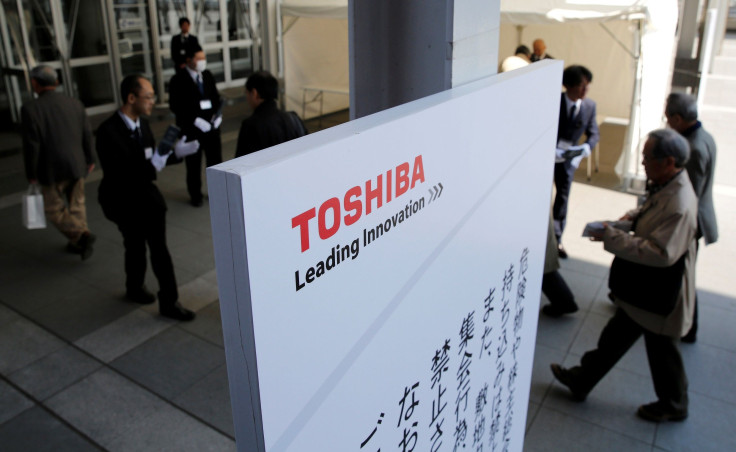Toshiba's Westinghouse bankruptcy due to self-inflicted injury

Toshiba's nuclear unit, Westinghouse has filed for Chapter 11 or bankruptcy protection. The US nuclear firm has struggled hefty losses affecting its Japanese parent company. Analysts said that the bankruptcy was due to the company's self-inflicted injury. The company said that the bankruptcy would not affect Westinghouse's UK operation.
Based on analysts view, Toshiba was paying too much for its nuclear firm that it led to soaring liabilities that cost US$9.8 billion (AU$ 12.7 billion) as of December 2016. However, the self-inflicted injury was not the sole reason for the company's financial problem as accelerating revolution in shale oil and gas extraction and the global financial crisis was contributors to the liability cost. Fukushima, Japan's nuclear meltdowns in 2011 has also contributed to the financial problem leading to the crippling of the country's atomic power industry.
The bankruptcy filing would allow the nuclear plant company to renegotiate or break its construction contracts. However, there is a possibility that the utilities that own the projects would likely seek damages. The nuclear company secured U$800 million (AU$1.04 million) in financing that would fund and protect its core businesses during its reorganization. Toshiba said that it would guarantee up to US$200 million (AU$261 million) of the financing for Westinghouse. However, the troubled nuclear unit would be removed from its parent's company's book at the end of the month.
Satoshi Tsunakawa, Toshiba president, said that the move was the company's first step toward recovering their solid business. He said that the move was aimed at shutting out risks from the overseas nuclear business.
In 2016, investors were alerted by Toshiba informing them that the company faced heavy losses linked to a deal done by Westinghouse. The company initially hoped to sell its Westinghouse majority stake as a consequence of the dispute about payments that were due and the company was allowed to delay the reporting of its earnings until April 11.
Bankruptcy announcement was perceived to help in stopping the condition worse. However, it was still unclear if the company could manage its problem in time. BGC Partners analyst Amir Anvarzadeh said that given Toshiba's large workforce, the Japanese government was unlikely to allow Toshiba to collapse. Anvarzadeh noted that the nuclear industry offered by the company played an important role in the government.
Westinghouse US operations would be affected by the bankruptcy but not the Asian, Middle East and African operations. On the other hand, Toshiba has a contract to build a new nuclear power plant in Cumbria in the UK. It has a 60 percent stake in NuGen which would continue in a business as usual manner by acquiring permits and licenses for the project.





















